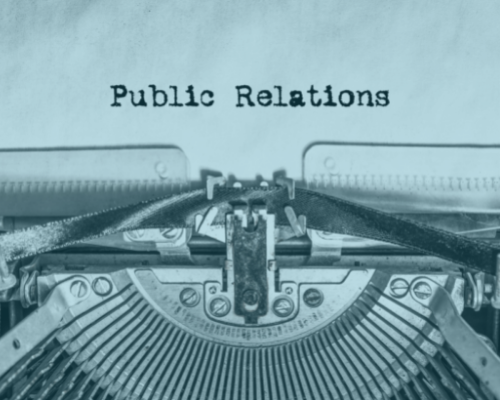
If you’re thinking about taking your SaaS business to the US (or any overseas market for that matter) then there’s a good chance someone, somewhere is telling you that Public Relations (PR) should be a ‘core pillar of your SaaS marketing strategy’ and they would be mostly right, but there’s a great big BUT no one talks about.
This blog is all about that BUT.
PR has changed massively over the last few years. Newsrooms have shrunk, with newsroom jobs down 26% in the US since 2008 even with the rise in digital journalism. Long (long) gone are the days when you wrote a press release, your PR person sent it to some relevant publications and journalists had time to add their take and publish it for you.
PR follows the story arc
PR is now all about bloggers, influencers, podcasters, community managers and, yes, sometimes, journalists. It’s about timing your story with the story arc or news headlines relevant to each of these content creators. It’s also a fight for attention amongst an ever-expanding list of vendors who will do whatever it takes to get their story told!
The problem with most PR campaigns or activations is not the PR Agency per se, most are quite capable, the problem is you. The client. You are (unintentionally and unknowingly) a rubbish client – and it’s not exactly in the interests of your PR agency to point that fact out at the start of the engagement!
You want epic ROI
Good PR is expensive – you should expect to pay up to NZ$20K per month for someone properly connected in the markets you care about. That’s a LOT of money for most Kiwi SaaS businesses.
You want to see epic ROI for that kind of spend. Which is fair. But PR isn’t ‘insert coin, get New York Times or Wired level coverage.’ Good PR takes heaps of effort to build relationships with the gatekeepers of your desired audience and understand what messages resonate with them best. You have to learn how to play the game with your PR agency, two players building your reputation, winning the hearts and minds of your community.
So how do you become a better client?
Five things to make your PR engagements more successful than others
1. Find an engaging spokesperson (ideally the CEO) who can hold a conversation, tell a story, and create value for the target audience(s) – or at least be willing to be media trained to do so. If you’re an introvert and storytelling is not your thing, then you will find PR hard – because your PR story starts with you.
Your latest feature is lovely, it’s seldom breaking news. The growth, scale, partnerships, value, you add to the world is what people want to hear about. And it’s your spokesperson’s job to sell that vision. PR gets you on the stage. You have to be the unforgettable one.
2. Have a super well-crafted and polished pitch / story that is novel, engaging and differentiated. If you’re not interesting no one will be interested in you. If your story isn’t razor-sharp and backed by some sort of data or social proof, your PR engagement will fail.
Your PR agency should be able to help refine and develop your story – tell them everything, even the stuff you may think is boring and let them help you unearth the narratives – but fundamentally it is your story, not theirs to tell.
3. Know what success looks like for you and make sure everyone agrees. Paying $20K a month for PR but not really knowing how to measure it is a recipe for failure. PR is (generally) measured in terms of ‘mentions’ – some of which will be paid and some of which will be organic.
Have the conversation with your PR agency about the number of mentions you expect for your money and contract around it (tip – start high and let them negotiate you down, they will know what they can do).
Note: Timing is everything! Be willing to be flexible, there is seasonality to PR based on events, and you know, human balance like holidays.
Journalists, bloggers, PR agencies, and conference teams are not yet automated. Follow up with grace. Understand publication dates change. Just because you want to push the launch button right now doesn’t mean it’s the best time for those needed to amplify your rocket.
4. Trust your team. PR agencies are only as good as their inputs. If you don’t give them access to execs and customers, they simply can’t do what you’ve paid them to do. Restricting access (for whatever reason) is like asking them to do their job with one arm tied behind their back. It’s just hard.
If you don’t trust your PR team to represent you at the very highest level, then you’ve got the wrong team – fire them and move on. In the same way, if you withhold information (good or bad) that leaks, relationships crumble on the PR side. PR engagements tend to be either very short or very long simply because of the trust and transparency factor.
5. Create content. Lots and lots of content. PR teams can’t be successful in a vacuum. To succeed they need to be fed constantly with stories, thought leadership pieces, surveys, blogs, etc. Pretty much all engagements start with a whole heap of promises and good intentions (and a solid content plan) and within a few weeks peter-out to more of a whimper. If you can’t generate high quality content with a regular cadence (and be willing to front-up and talk about it) then, strangely enough, your PR engagement will fail.
Bonus: be willing to repeat yourself. Just because you blogged about it once doesn’t mean you’re done. Just because you told your original story on a podcast doesn’t mean the next seven won’t ask for it again. Each mention is an opportunity to attract infinite possibility and even your PR team doesn’t know yet which community you’ll resonate with best. Every piece of content builds your SEO. Keep your energy up and set boundaries around when you’re available so you don’t come across disinterested.
So, there it is! Five factors to think about that will make you a better client. And by being a better client, will dramatically improve your chances of getting a PR investment to deliver a meaningful ROI for you.
Think about it, and if you need help to choose an agency or work better with the one you have, ask the experts!
Finally, be sure to pick a great PR agency, but that’s a blog for another day.
